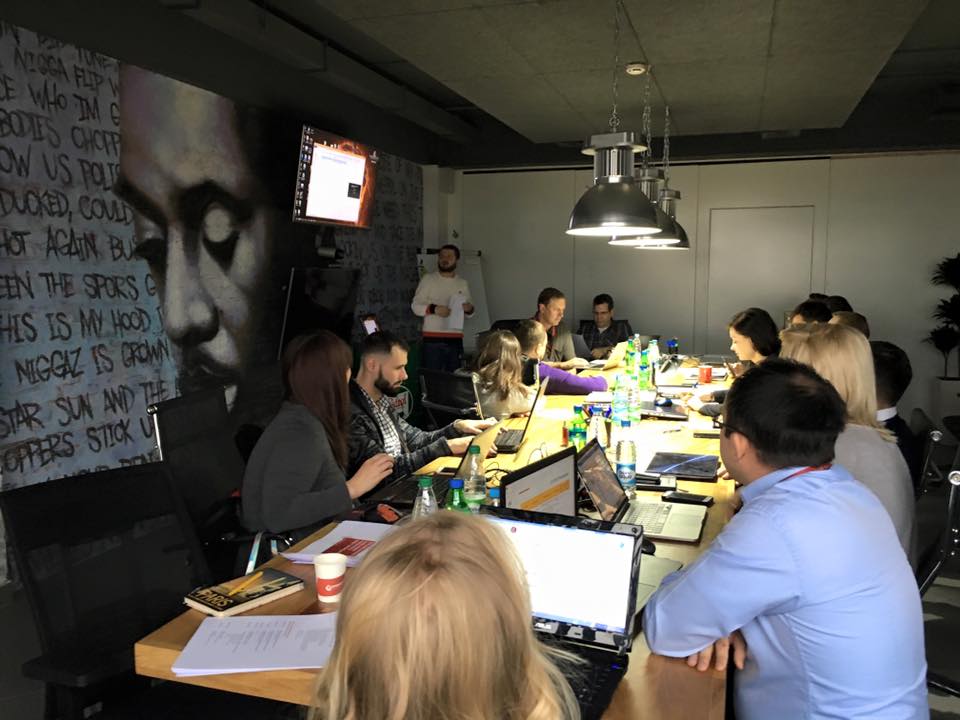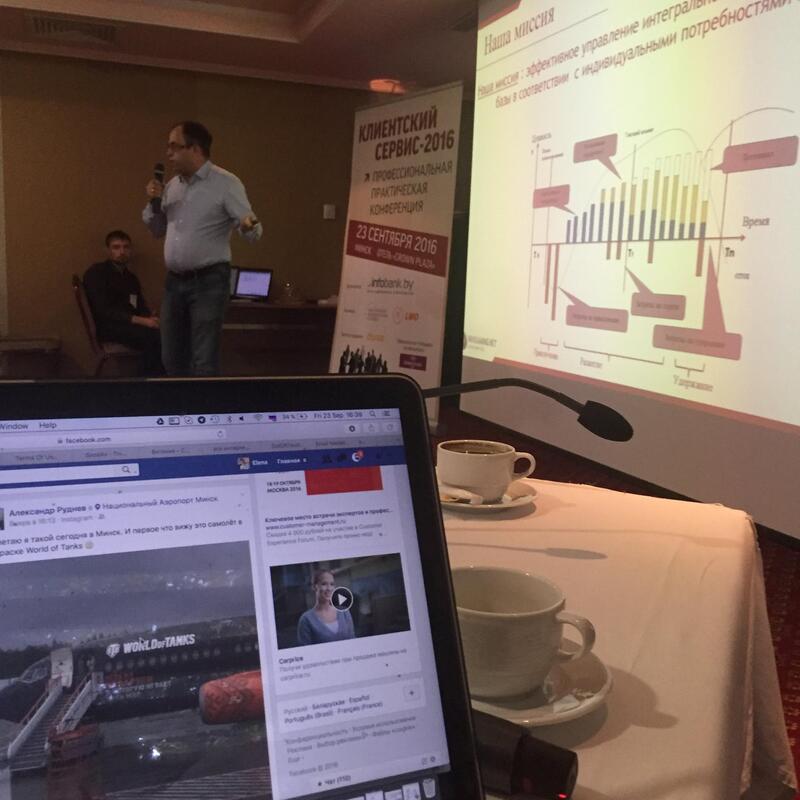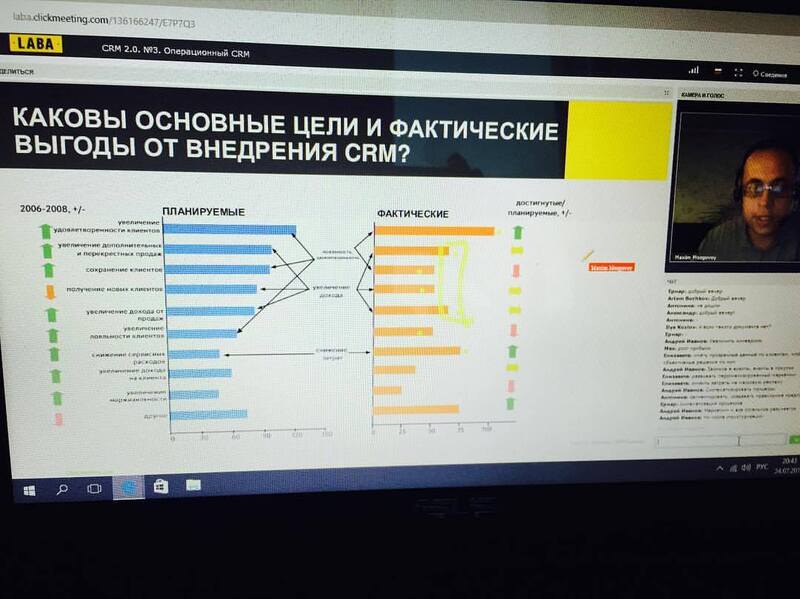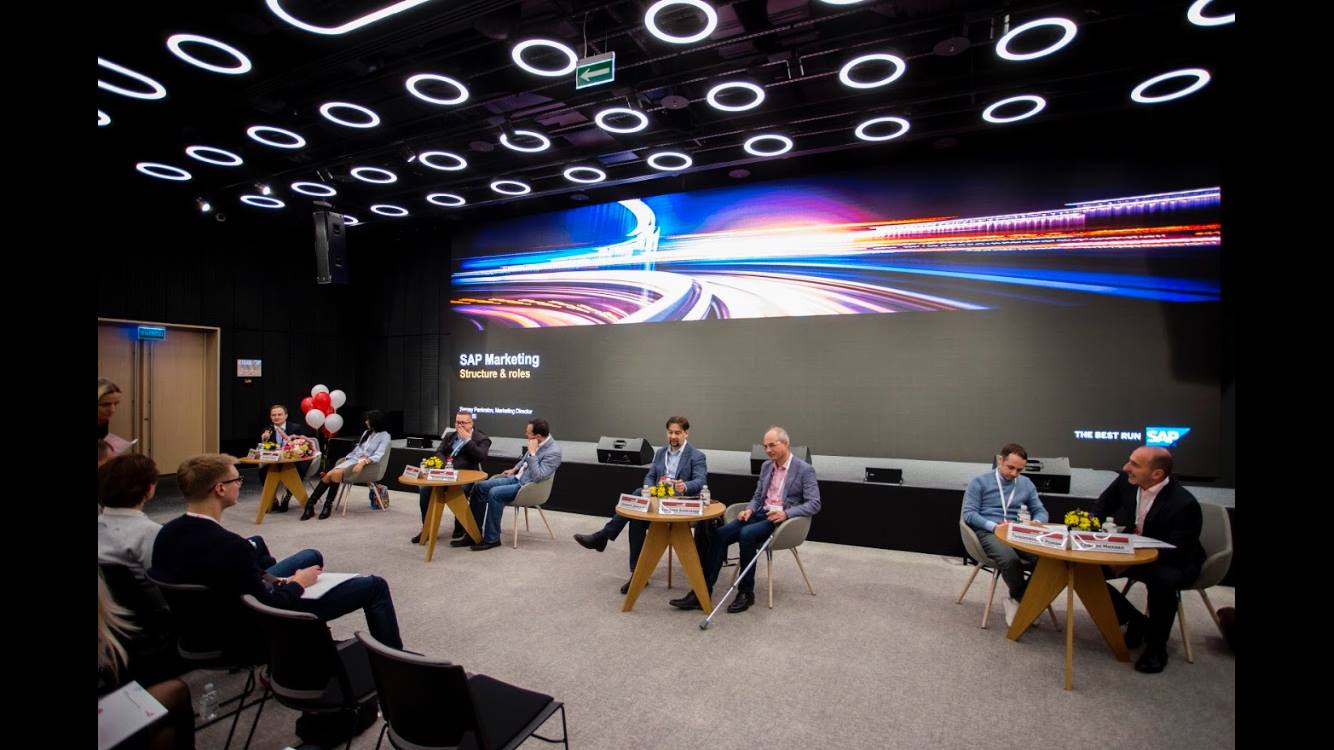Courses, trainings and educational programs
We're offering different educational programs and courses on the following topics:
Also we can develop individual courses and educational materials according to the needs of your company.
Examples programs of the courses you can find below:
- CRM 2.0 - new approaches to effective customer base management.
- CRM for small and medium businesses: practical examples and cases.
- Customer experience management - on the way to customer's heart.
- Advanced customer analytics and Business Intelligence on an example of Tableau/Power BI.
- Applications of Big Data and Machine Learning for your company.
- Loyalty programs and managing customer satisfaction.
- Marketing and CRM strategy: from idea to fulfillment.
- Targeted marketing campaigns: optimization and efficiency.
Also we can develop individual courses and educational materials according to the needs of your company.
Examples programs of the courses you can find below:
Course syllabus "CRM 2.0 - new approaches to effective customer base management.":
|
|
Course syllabus "Customer experience management - on the way to customer's heart":
|
|









